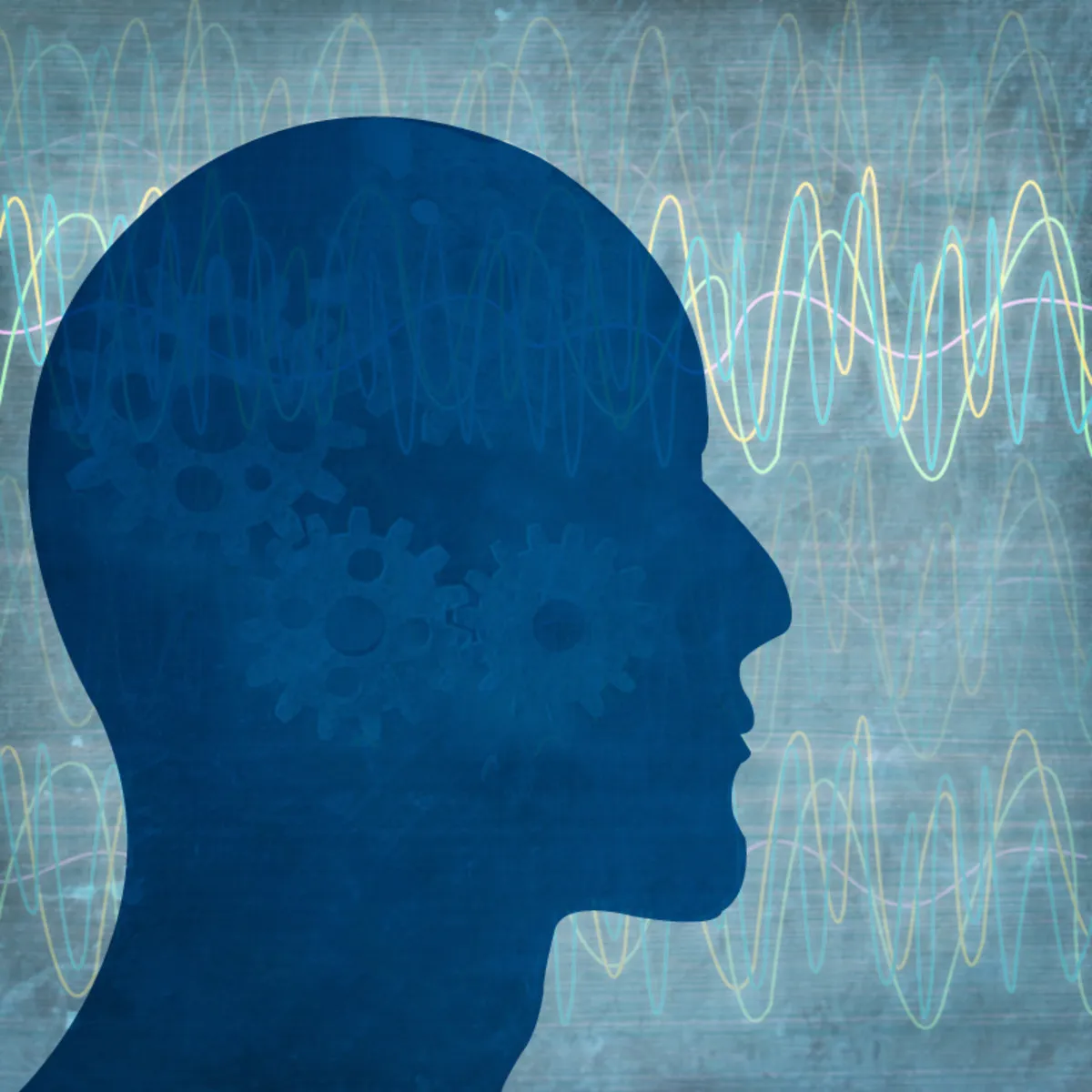
Introduction to Psychology 
This course from Yale University provides an introduction to the study of psychology, exploring topics such as fear, dreams, racism, happiness, and mental illness. Gain insight into the human mind and behavior. ▼
ADVERTISEMENT
Course Feature
![]() Cost:
Cost:
Free
![]() Provider:
Provider:
Coursera
![]() Certificate:
Certificate:
No Information
![]() Language:
Language:
English
![]() Start Date:
Start Date:
Self Paced
Course Overview
❗The content presented here is sourced directly from Coursera platform. For comprehensive course details, including enrollment information, simply click on the 'Go to class' link on our website.
Updated in [March 06th, 2023]
This course, Introduction to Psychology, provides an overview of the scientific study of thought and behavior. Students will explore topics such as perception, communication, learning, memory, decision-making, persuasion, emotions, and social behavior. The course will examine how these aspects of the mind develop in children, how they differ across people, how they are wired-up in the brain, and how they break down due to illness and injury. Additionally, the course will explore questions such as what people are most afraid of, what dreams mean, if people are natural-born racists, and what makes people happy. Through lectures, discussions, and activities, students will gain an understanding of the scientific study of psychology.
[Applications]
The application of this course can be seen in many areas. For example, those interested in the field of psychology can use the knowledge gained from this course to better understand the behavior of others. Additionally, those in the medical field can use the information to better diagnose and treat mental illnesses. Finally, those in the education field can use the knowledge to better understand how to teach and interact with students.
[Career Paths]
1. Clinical Psychologist: Clinical psychologists assess, diagnose, and treat mental, emotional, and behavioral disorders. They use a variety of techniques, such as psychotherapy, cognitive-behavioral therapy, and psychoanalysis, to help their patients. The demand for clinical psychologists is expected to grow as more people seek help for mental health issues.
2. Neuropsychologist: Neuropsychologists study the relationship between the brain and behavior. They use a variety of techniques, such as brain imaging, to understand how the brain works and how it affects behavior. Neuropsychologists are in high demand as more research is conducted on the brain and its effects on behavior.
3. Counselor: Counselors provide emotional support and guidance to individuals, couples, and families. They help their clients work through difficult issues and develop coping strategies. Counselors are in high demand as more people seek help for mental health issues.
4. Research Psychologist: Research psychologists study the behavior of humans and animals. They use a variety of techniques, such as surveys, experiments, and observations, to understand how the mind works. Research psychologists are in high demand as more research is conducted on the brain and its effects on behavior.
[Education Paths]
Recommended Degree Paths:
1. Bachelor of Science in Psychology: This degree program provides a comprehensive overview of the scientific study of thought and behavior. It covers topics such as perception, communication, learning, memory, decision-making, persuasion, emotions, and social behavior. Students will learn how these aspects of the mind develop in children, how they differ across people, how they are wired-up in the brain, and how they break down due to illness and injury. This degree is becoming increasingly popular as more people are interested in understanding the human mind and behavior.
2. Master of Science in Clinical Psychology: This degree program focuses on the diagnosis and treatment of mental health disorders. It covers topics such as assessment, diagnosis, treatment planning, psychotherapy, and research. Students will learn how to assess and diagnose mental health disorders, develop treatment plans, and provide psychotherapy. This degree is becoming increasingly popular as more people are seeking help for mental health issues.
3. Doctor of Philosophy in Psychology: This degree program focuses on the scientific study of the mind and behavior. It covers topics such as cognitive psychology, social psychology, developmental psychology, and neuroscience. Students will learn how to conduct research, analyze data, and develop theories about the mind and behavior. This degree is becoming increasingly popular as more people are interested in understanding the human mind and behavior from a scientific perspective.
4. Doctor of Psychology: This degree program focuses on the practice of psychology. It covers topics such as assessment, diagnosis, treatment planning, psychotherapy, and research. Students will learn how to assess and diagnose mental health disorders, develop treatment plans, and provide psychotherapy. This degree is becoming increasingly popular as more people are seeking help for mental health issues.
Course Provider

Provider Coursera's Stats at AZClass
Discussion and Reviews
0.0 (Based on 0 reviews)
Explore Similar Online Courses

Investment Strategies and Portfolio Analysis

Play By Play: Angular Internationalization with John Papa and Brian Clark

Python for Informatics: Exploring Information

Social Network Analysis

Introduction to Systematic Review and Meta-Analysis

The Analytics Edge

DCO042 - Python For Informatics

Causal Diagrams: Draw Your Assumptions Before Your Conclusions

Whole genome sequencing of bacterial genomes - tools and applications

A Life of Happiness and Fulfillment

Social Norms Social Change II

Introduction to Self-Determination Theory: An approach to motivation development and wellness
 Related Categories
Related Categories
 Popular Providers
Popular Providers
Quiz
 Submitted Sucessfully
Submitted Sucessfully
1. What are people most afraid of?
2. What is the scientific study of thought and behavior?
3. What is the main cause of mental illness?


Start your review of Introduction to Psychology